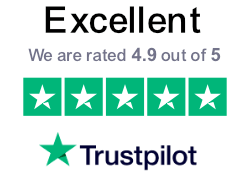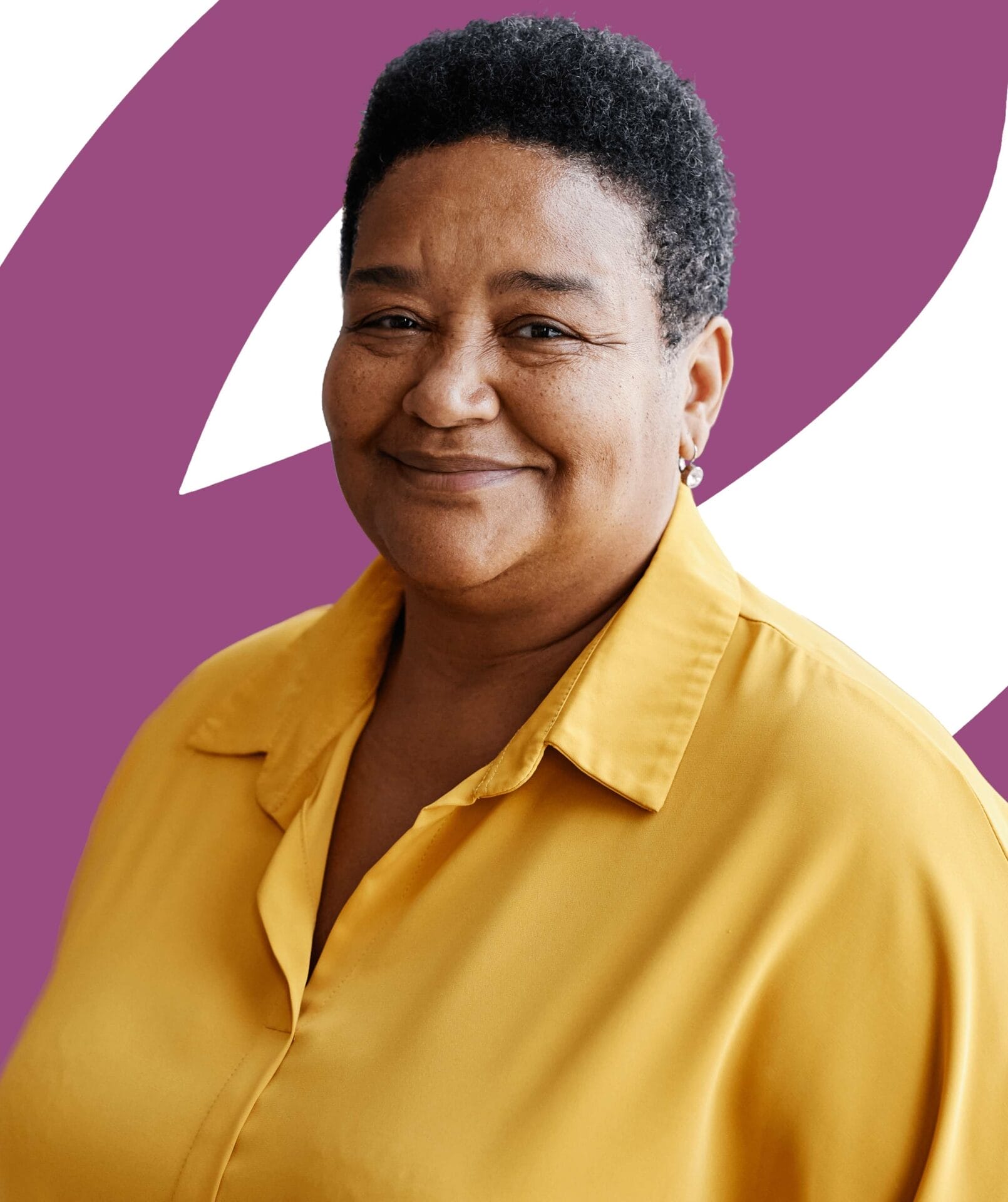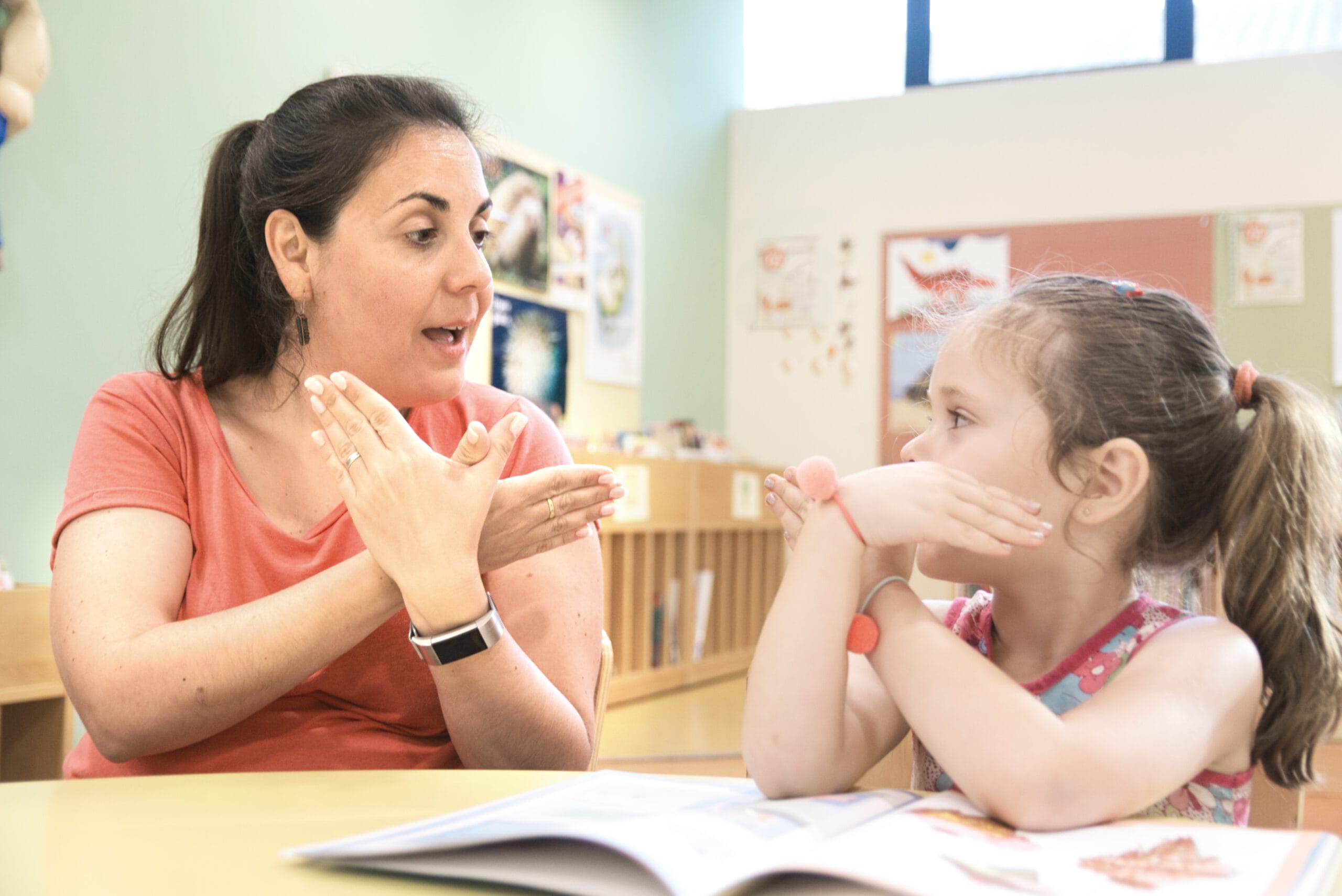The Early Years Practitioner (L2) apprenticeship develops the knowledge, skills and behaviours of new practitioners to support children in the acquisition of their early learning goals at the end of the Early Years Foundation Stage (EYFS). The Early Years Practitioner is responsible for looking after babies and children safely whilst supporting their development in the nursery setting.
Practitioners develop their skills to create a learning environment where building relationships supports, enhances, and invites a child’s curiosity and confidence to flourish regardless of background, circumstances or needs.
For a new entrant to childcare, the Early Years Practitioner (L2) qualification provides a building block for progression onto the Early Years Educator (L3) to further enhance their knowledge, skills, and behaviours while at the same time advancing their own career opportunities and social mobility.
The Early Years Practitioner (L2) apprenticeship offers stretch and challenge in developing the relevant new skills that are truly valued by employers; this apprenticeship is enriched through the additional and complementary features which serve to enhance the overall learning experience, these include:
16-18’s Dedicated
On-line Teaching
Sessions
The Childs
Developing
Mind
Skills Coaches
Vastly experienced and highly qualified in early years, the Skills Coach consults with the employer and apprentice to ensure achievement milestones and improvement targets are appropriate to the workplace and accelerate learning. The Skills Coach coordinates the apprentices’ planned
off–the–job learning, their attendance at teaching sessions and learning/assessment activities, and preparation for end–point assessment (EPA),offering IAG & practical support.
The apprenticeship is coordinated and sequenced according to individual apprentice and employer needs. The Skills Coach guides the apprentice through their apprenticeship, helping them to embed their newly acquired knowledge, skills & behaviours in their job.
A range of blended e–learning courses for apprentices’ including GDPR in Early Years, E–Safety Safeguarding, Children’s Mental Health, Child Development, Personal & Social Development, Food Allergy Awareness & Nutrition, Introduction to the EYFS, Equality, Diversity & Inclusion.
Skills Teachers
Highly experienced experts in the field of early years, Skills Teachers deliver scheduled on–line masterclass teaching sessions to apprentices via Teams Class.
Skills Teachers sessions are age group specific to the components of the apprenticeship qualification; apprentices form new peer to peer relationships, providing them with invaluable opportunities to share best practice, working alongside other apprentices from differing settings to learn new topics and as a group, share ideas and experiences from across the sector.
The first learning undertaken is the health & safety of babies and young children. This is directly linked to the EYFS and apprenticeship standard.
Functional Skills Tutors
Supports the apprentice in developing their numeracy and literacy skills through a range of resources, and tools. These include BKSB which prepares the apprentice through to the achievement of their functional skills tests in English and maths.
The Functional Skills Tutor ensures barriers to learning are overcome, providing support for special educational needs and disabilities.
Skills Assessor
The Skills Assessor carries out face to face observations in the nursery setting whilst the apprentice carries out their day–to–day duties. In–person observations are planned in advance by the Skills Coach and provide an opportunity for the apprentice to shine, demonstrating the knowledge, skills and behaviours they have acquired throughout the duration of their apprenticeship.
The Skills Coach liaises directly with the Skills Assessor to obtain feedback towards the apprentices’ overall their learning goals.
Eden’s qualification achievement rates currently stand at 71.7% for apprentices undertaking the Early Years Practitioner (L2), which is +14.4% higher than the national averages for the academic year 22/23.
Of apprentices’ agree that their Skills Coach is supportive to their apprenticeship progression.
Of employers agree that the training received provides value for money.





































